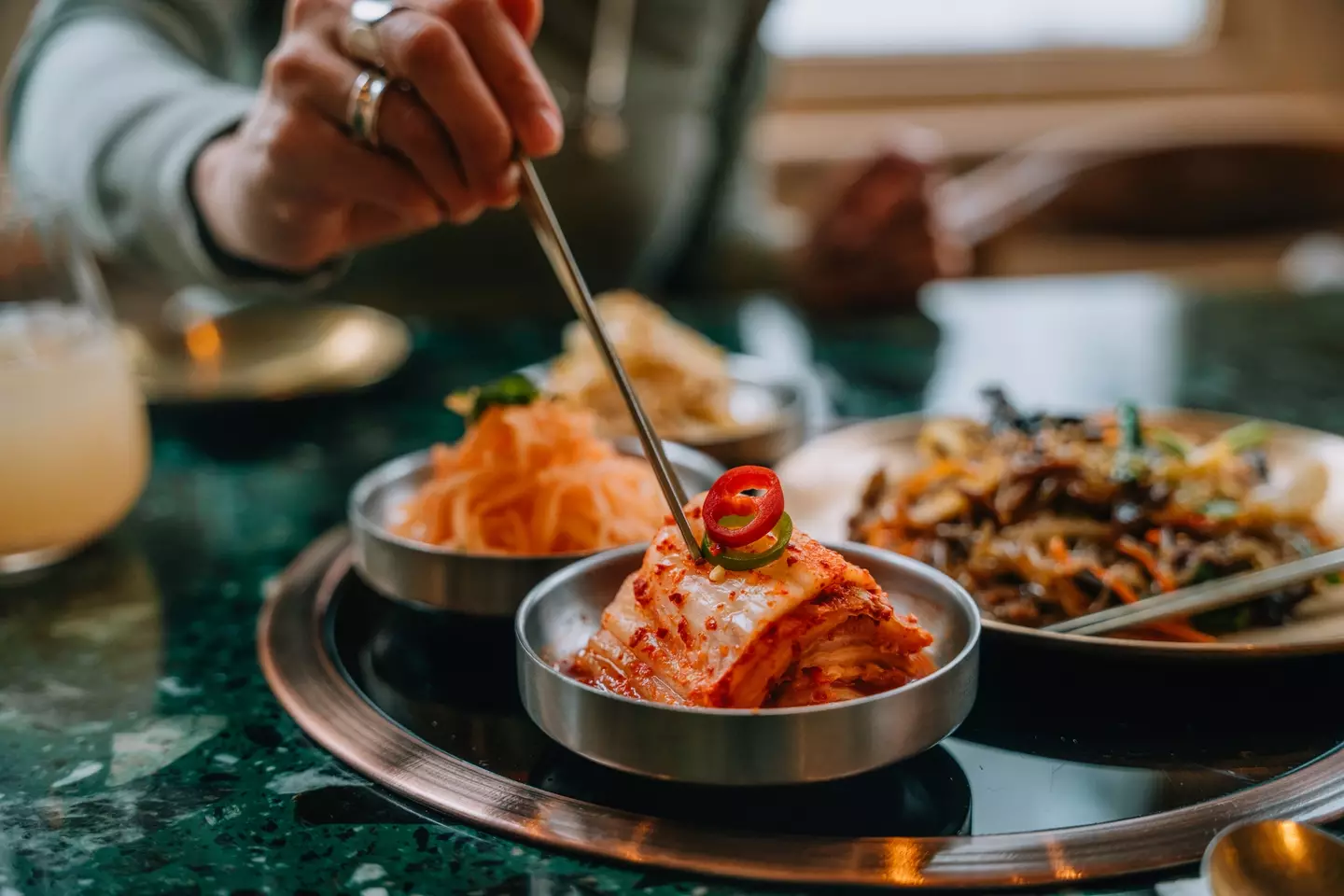
Hands up if you've ever sat down for a nice curry, only to take a bite and realise the spice level is WAY more than you can handle? How about spending hours crafting a delicious meal, only to find you added too much chilli and now your dinner is blowing your head off?
Well, that could all soon be a thing of the past. Scientists have discovered an 'anti-spice' which can lower the heat of spicy food, and it could be a game changer.
Researchers have identified molecules which suppress the heat from chilli peppers, and they have a few potential applications like offering pain relief and even use as a condiment.

Advert
Interestingly, the solution comes from chilli peppers themselves. The new research from Ohio State University has identified three compounds in a range of pepper samples that actually lower heat intensity.
The heat of chilli peppers has been attributed to two members of a class of compounds called capsaicinoids: capsaicin and dihydrocapsaicin. The familiar burning sensation that comes from eating a spicy chilli is actually a pain response - a form of chemesthetic perception, which is the sensitivity of our skin or mucus membranes to chemicals, especially those that trigger temperature, tactile, or pain sensations - and as such, capsaicin is often used in supplements and topical treatments to relieve pain. It works by exposing the receptors to the irritant, which can be uncomfortable at first, but then the receptors desensitise and the pain goes away - but with this new discovery, the heat-suppressing compounds could potentially offer the same desensitising benefits without the initial irritation.
Therefore, there are applications of this discovery beyond just making food taste better, but dietary results are equally important to the researchers.

“If you’re at home and you’ve ordered cuisine that has spice to it that’s a little too hot for some tastes, you can just sprinkle on a form of chilli pepper that has got these suppressant agents in them that will dial it down,” Devin Peterson, professor of food science and technology at The Ohio State University, explained in a statement.
“What is maybe underappreciated from a science perspective is how important food flavour is to your dietary patterns and your enjoyment in life," the professor added.
“So part of what we focus on is, how do we make healthy eating less difficult?”
Indeed, chillis are very good for us - they boost metabolism, improve digestion, reduce inflammation, and support heart health - so for those who need to dial down the heat on a spicy dish, there could soon be a solution that maximises enjoyment while still enjoying all of the chillies' health benefits.
Topics: Health
